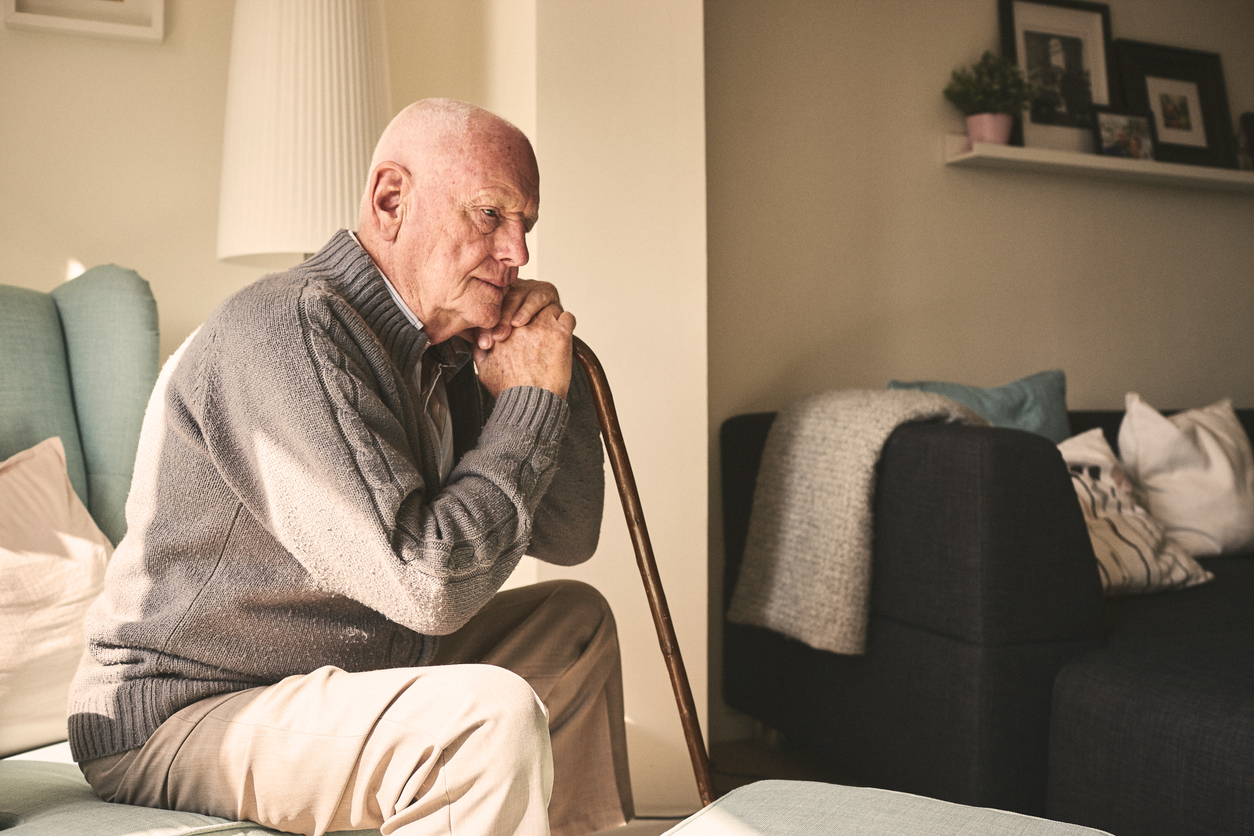
It’s not uncommon for older adults to feel lonely. Whether your senior loved one feels isolated or separated from their friends and family, feelings of loneliness can lead to both physical and mental health issues. The good news is, there are some ways you can help your elderly loved one cope with loneliness.
Signs of Loneliness in Elderly Seniors
Your elderly loved one’s health, and well-being is your primary concern. By recognizing the signs of loneliness, you’ll be able to assess the best way to get them help. Here are some warning signs to look out for:
- Change in sleep patterns
- Anxiousness
- Increased spending habits
- Loss of appetite
- Calling loved ones multiple times a day
The Causes of Loneliness
Many things can trigger loneliness. Some examples include:
- Death of a spouse
- Children or grandchildren moving out of town
- New living environment
- Loss of friends
- Fear of becoming a burden
- Illnesses (diagnosis of cancer or Alzheimer’s disease)
Activities That Can Help Beat Loneliness
One of the best ways you can help an elderly loved one combat loneliness is to keep them active. Here are some activities that can help:
- Visit your elderly loved one often
- Schedule get-togethers with their friends
- Take them out to a museum, play or park
- Encourage walks
- Adopt a pet
- Invite them to family parties
- Encourage them to sign up for activities at a senior center
- Exercise
- Participate in community events such as volunteering and fundraisers
Unfortunately, loneliness is a problem for many seniors, but understanding where the loneliness stems from can help to alleviate the issue. If your senior loved one is struggling with loneliness, an assisted living community may be the solution. Contact The Arbors Assisted Living today to schedule a tour at one of our five convenient locations.